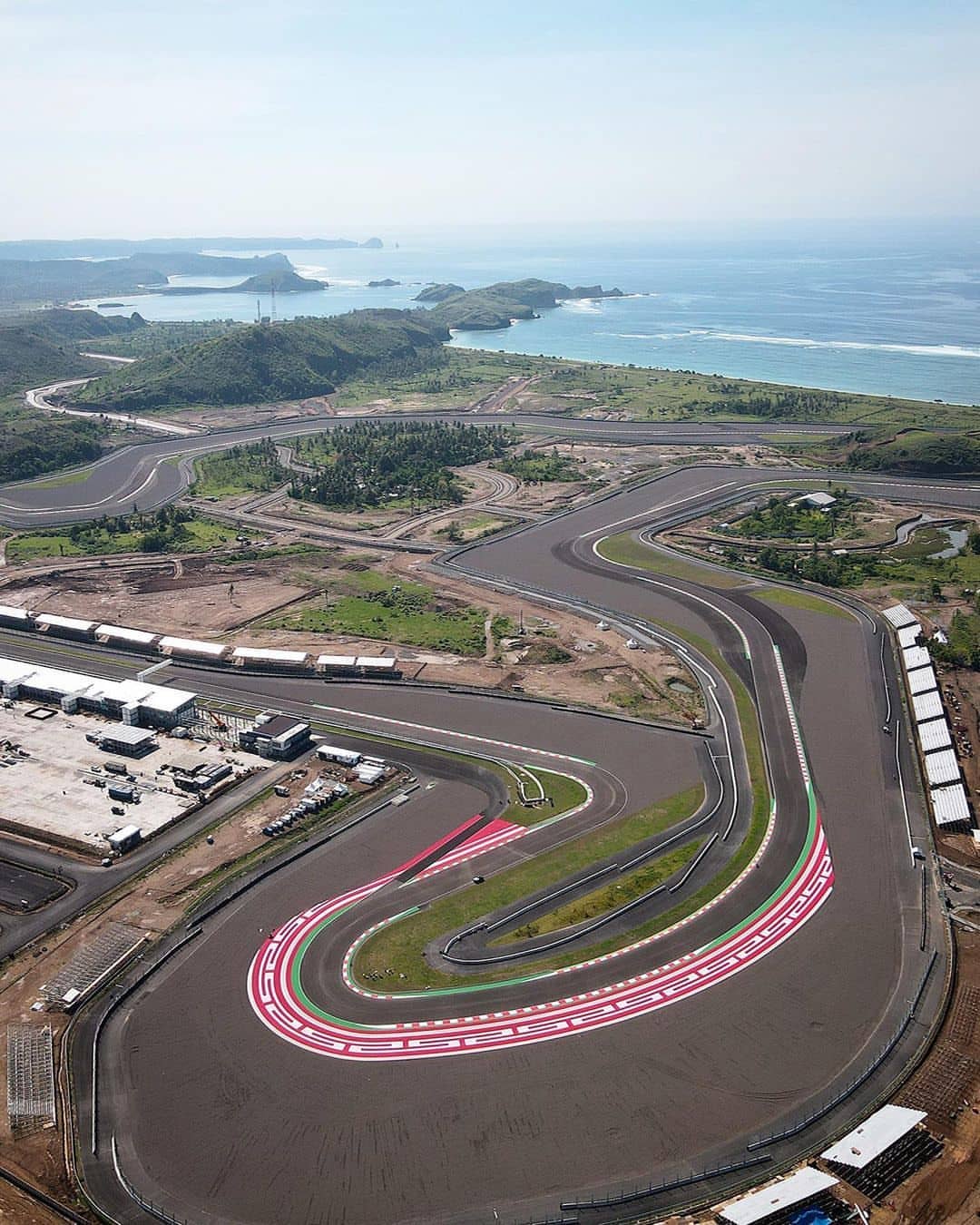Amnesty International Condemns Security Crackdown During MotoGP Mandalika
WNT, RAKYAT NEWS – As the MotoGP event approaches at the Mandalika Circuit in West Nusa Tenggara, significant security deployments have sparked criticism from human rights organizations.
Usman Hamid, Executive Director of Amnesty International Indonesia, has raised alarms about the government’s heavy-handed tactics during this high-profile international occasion.
Hamid described the situation, stating, “The excessive security measures and anti-protest stance are standard practices of the state during international events.”
For the MotoGP, authorities have mobilized thousands of security personnel, equipped with water cannons and bomb disposal units, to maintain order.
Notably, the government has prohibited individuals from demonstrating or displaying banners during the event, despite the absence of any legal restrictions on public expression. This raises serious concerns regarding the right to free speech in Indonesia.
“This heavy-handed approach indicates that the government continues to stifle critical voices, particularly from local indigenous communities directly affected by the construction of the Circuit and the Mandalika Special Economic Zone (KEK),” Hamid stated, highlighting the plight of marginalized groups.
Local communities have repeatedly called for justice regarding their rights, including land rights and the right to a decent living.
LHowever, their pleas have been met with suppression and intimidation, exacerbated by the presence of security forces.
Amnesty International is urging the Indonesian government and local authorities in West Nusa Tenggara to immediately cease all restrictions on freedom of expression. Such actions, they argue, deepen social divisions and violate human rights principles.
According to Usman Hamid, international events like the MotoGP should provide Indonesia with a platform to showcase its commitment to human rights and social justice. Instead, they risk becoming venues for silencing dissent and suppressing community voices.
Reports from credible sources in Lombok reveal excessive security measures surrounding the Mandalika Circuit ahead of the MotoGP, scheduled for September 27-29, 2024. Armed personnel have been deployed in security tents strategically positioned between residential areas and the Circuit.
From September 24-30, the NTB Regional Police initiated Operation Mandalika Gatari, mobilizing 2,736 personnel from the police and military, along with an additional 300 personnel from the National Police and East Java Police. This overwhelming presence underscores the state’s prioritization of security over civil liberties.
The NTB Police Chief has issued a directive prohibiting the public from displaying banners or staging demonstrations during the MotoGP, further curtailing the rights of local residents. This heavy security presence has been a consistent feature since the event’s inception in 2022.
Residents of 15 villages impacted by the Circuit and KEK Mandalika are grappling with unresolved land conflicts. Key issues include unpaid compensation, disputes over land measurements, and erroneous payments, leading to growing frustration among affected communities.
Large-scale infrastructure projects, designated as National Strategic Projects, have severely affected local populations, particularly indigenous communities. Their land, cultural rights, and local wisdom have often been overlooked in favor of development.
Indigenous advocates fighting for their rights frequently face backlash and intimidation. Since 2019, Amnesty International Indonesia has documented at least nine attacks against indigenous peoples, resulting in 89 victims of criminalization, intimidation, and violence.
The right to freedom of opinion and expression is protected by various legal instruments. Article 19 of the International Covenant on Civil and Political Rights (ICCPR) guarantees this right, and it is enshrined in Indonesia’s Constitution and Law No. 39 of 1999 on Human Rights.
The actions taken by the Indonesian government during the MotoGP event highlight a troubling trend of prioritizing security over fundamental human rights. As international attention turns to Mandalika, the challenge remains for authorities to balance security needs with respect for civil liberties and community voices. (Uki Ruknuddin)


Tinggalkan Balasan Batalkan balasan